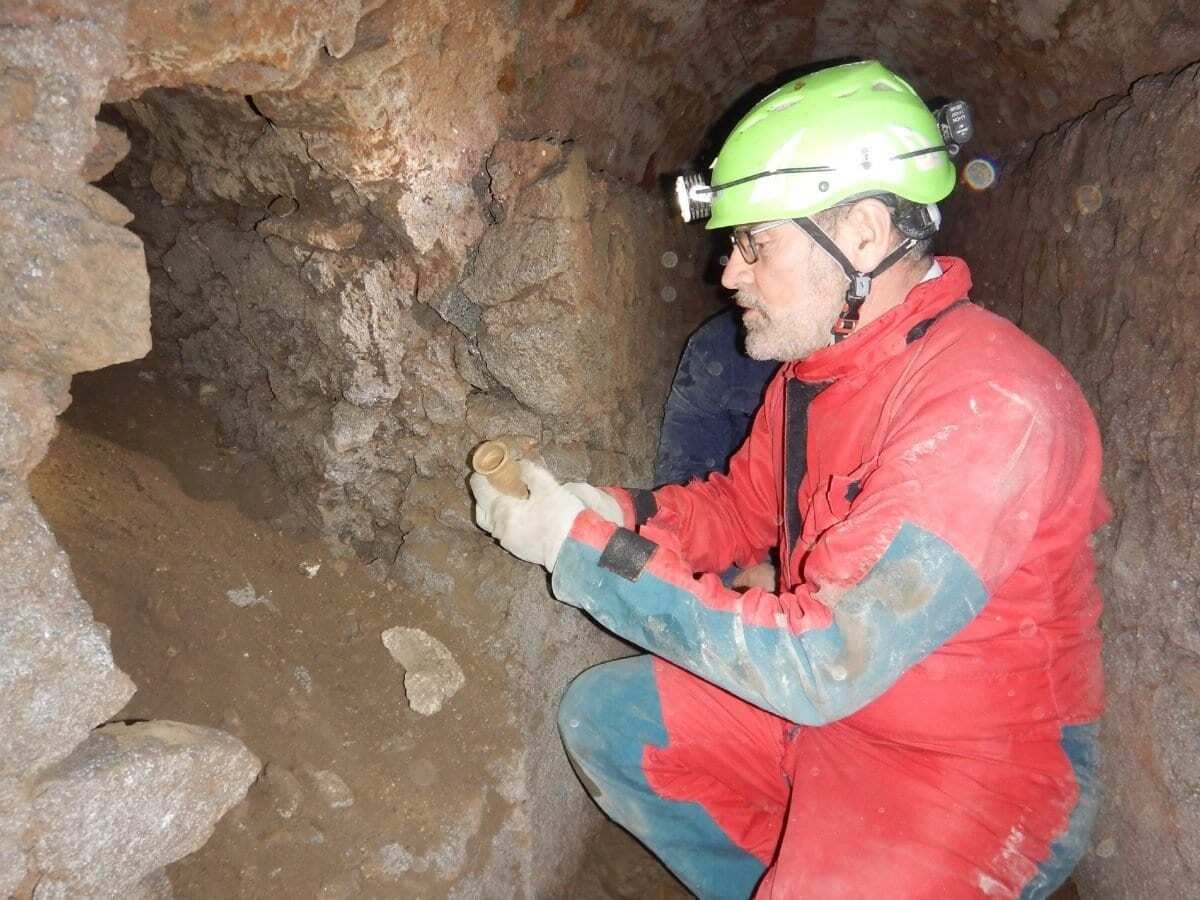Speleologists from the Cocceius Association have been working in collaboration with the Archaeological Park of Pompeii to study over 450 metres of the city’s rainwater drainage system and subterranean canals, starting from the Civil Forum.
Pompeii was a Roman city, located in the modern commune of Pompeii near Naples in the Campania region of Italy. Pompeii, along with Herculaneum and many villas in the surrounding area was buried under 4 to 6 m (13 to 20 ft) of volcanic ash and pumice in the eruption of Mount Vesuvius in AD 79.

Largely preserved under the ash, the excavated city offered a unique snapshot of Roman life, frozen at the moment it was buried and remains a detailed insight into the everyday life of its inhabitants.
The study provides new information regarding the evolution of the area between the Civil Forum and Porta Marina, as well as identifying areas of the subterranean system at risk in need of restoration, whilst respecting the archaeological value of the ancient work.
A network of tunnels and canals has been identified which branches out from a pair of cisterns below the Forum, running under Via Marina and ending near the Imperial Villa. The system allowed excess rainwater in the Via Marina channel to be drained out of the ancient city towards the sea.

It has also been possible to identify the historical context of the underground system into three main phases of construction; an initial Hellenistic phase (late 3rd-2nd century BC); a second in the late Republican age (early/late 1st century BC) and a third phase corresponding to the Augustan and Imperial age (late 1st century BC – 79 AD).
Director General Massimo Osan said:
“The project of exploring these tunnels forms part of the activities of the Archaeological Park of Pompeii that aim to broaden our understanding of the site, which is the essential basis of any monitoring or safeguarding intervention”
“This initial exploration of the complex system of underground canals confirms the cognitive potential which the Pompeian subsoil preserves, and demonstrates how much still remains to be investigated and studied.”
Header Image Credit : pompeiisites.org





